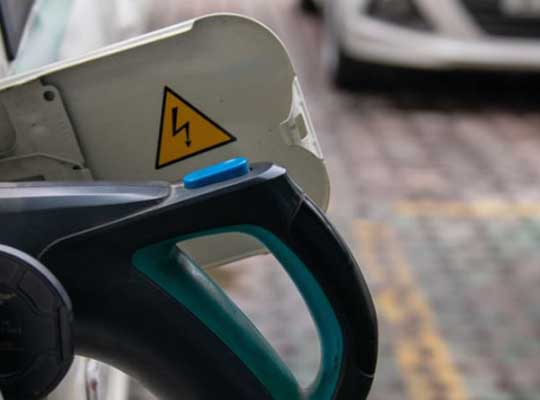NITI Aayog and Rocky Mountain Institute (RMI) has released the report ‘Mobilising Finance for EVs (Electric Vehicle) in India’. The report highlights the role of finance in the India’s transition to EVs and analyses that the transition will require a cumulative capital investment of USD 266 billion (Rs 19.7 lakh crore) in EVs, charging infrastructure, and batteries over the next decade.
The report also identifies a market size of $50 billion (Rs 3.7 lakh crore) for the financing of EVs in 2030 – about 80 percent of the current size of India’s retail vehicle finance industry, estimated to be worth about Rs 4.5 lakh crore (USD 60 billion) today.
“The need of the hour is to mobilise capital and finance towards EV assets and infrastructure,” said Amitabh Kant, CEO, NITI Aayog. “As we work to accelerate domestic EV adoption and push for globally competitive manufacturing of EVs and components such as advance cell chemistry batteries, we need banks and other financiers to step up to lower the cost and increase the flow of capital for EVs.”
India’s EV ecosystem has so far focused on overcoming hurdles to adoption associated with technology cost, infrastructure availability, and consumer behaviour. Financing is the next critical barrier to accelerate India’s electric mobility transition.
End users currently face several challenges such as high interest rates, high insurance rates, and low loan-to-value ratios.
To address these challenges, NITI Aayog and Rocky Mountain Institute have identified a toolkit of 10 solutions that financial institutions such as banks and non-banking financial companies (NBFCs), as well as industry and government can adopt in catalysing the required capital.
“Reengineering vehicle finance and mobilising public and private capital will be critical to accelerating the deployment of the 50 million EVs that could be plying on India’s roads by 2030,” said Clay Stranger, Senior Principal, Rocky Mountain Institute. “These solutions represent high-leverage areas for interventions in finance, and we believe that many are relevant beyond India.”
The 10 solutions recommended in the report include financial instruments such as priority sector lending and interest rate subvention. Others are related to creating better partnerships between original equipment manufacturers (OEMs) and financial institutions by providing product guarantees and warranties. Furthermore, a developed and formal secondary market can improve the resale value of EVs and improve their bankability.
Recommendations beyond finance include digital lending, business model innovation, fleet and aggregator electrification targets, and the creation of an open data repository for EVs.
The report further determines that investment in India’s transition to electric mobility has the potential to create significant economic, social, and environmental benefits for the country. As the economics of EVs continue to improve, new business models and financing instruments gain acceptance, and government programmes drive early adoption and promote domestic manufacturing, India’s EV market is poised for growth in the coming decade.













